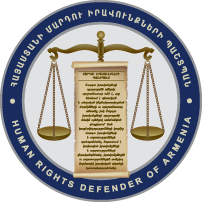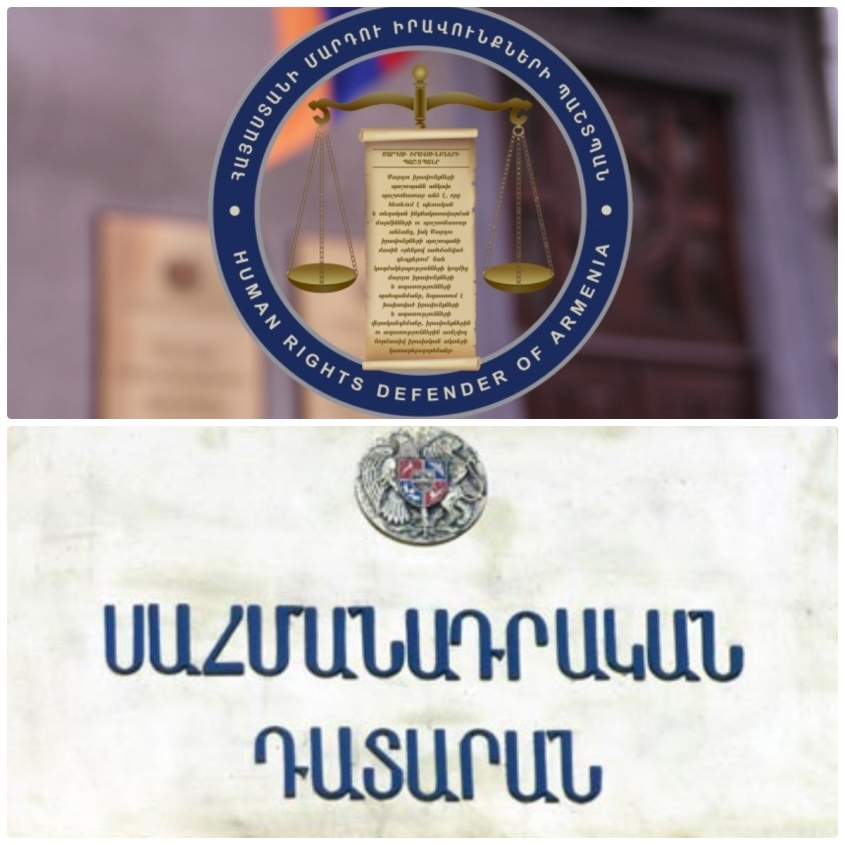The RA Human Rights Defender submitted an application to the Constitutional Court discussing the constitutionality of legal regulations envisaging the prohibition of correspondence, telephone calls and other forms of communication for detainees and convicted persons who are in the disciplinary cell, thus automatically depriving them of the contact with outside world.
The discussion of the complaints addressed to the Defender and the monitoring of the National Preventive Mechanism show that the legal regulations on contact with the outside world of detainees and convicted persons who are in the disciplinary cell contradicts to the Constitution and international standards.
The respective provisions of the RA Law on Treatment of Arrestees and Detainees, RA Penitentiary Code, as well as the Government Decision on Internal Rules of Places for Keeping Detainees and Correctional Institution were the subject of discussion within the application addressed to the Constitutional Court.
According to the current legislation, when “transferring to the disciplinary cell” as the disciplinary sanction is applied against detainee or convicted person, despite any circumstance he/she is automatically deprived of the contact with outside world, based on the imperative ban. Under such regulations, it turns out that this type of sanction has the nature of inflicting additional deprivations, which has no connection with its aim and reasons. The disciplinary sanction itself applies by the decision of the head of penitentiary institution, but the issue of depriving communication is not justified. Under this circumstances the individual approach is not ensured and the behavioral risk of person deprived of liberty is not assessed.
This raise an issue on the implementation of persons’ constitutional rights on private and family life inviolability, as well as freedom of communications, since deprivation is envisaged for each case of transforming to disciplinary cell. Within the application submitted to the Constitutional Court, it is also justified that the litigated regulations also contradict the constitutional principle of proportionality, as well as of considering the practice of the bodies which operate based the international treaties on human rights that the Republic of Armenia ratified, when interpreting the provisions concerning fundamental rights and freedoms enshrined in the Constitution.



